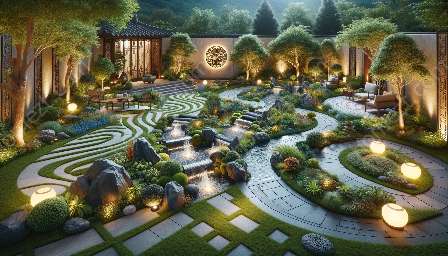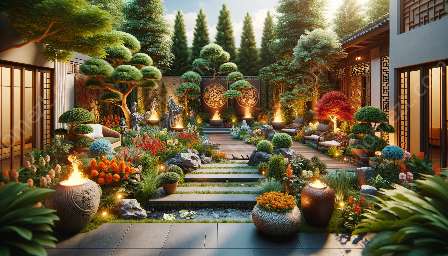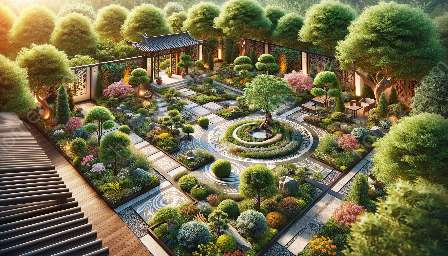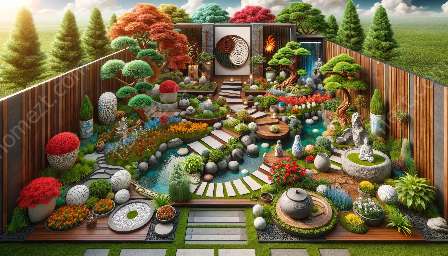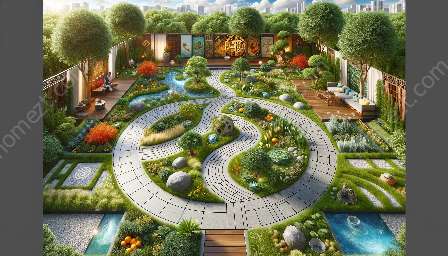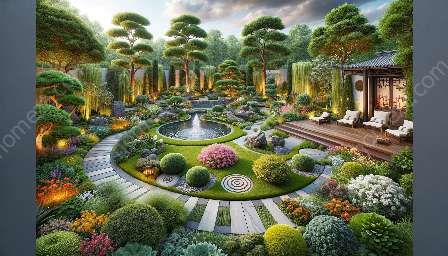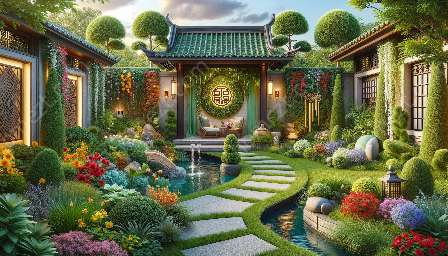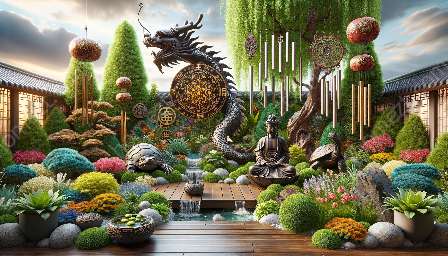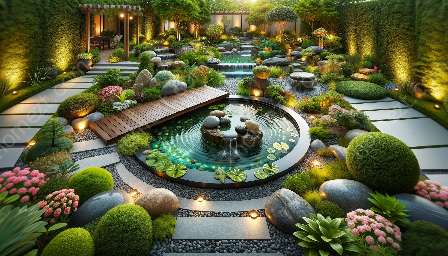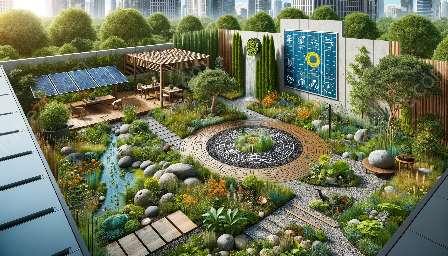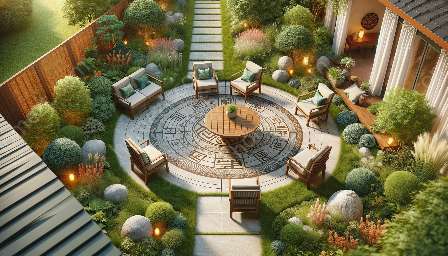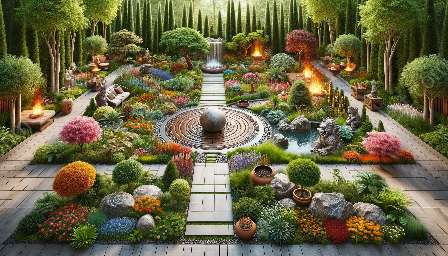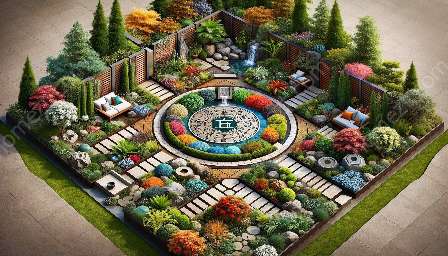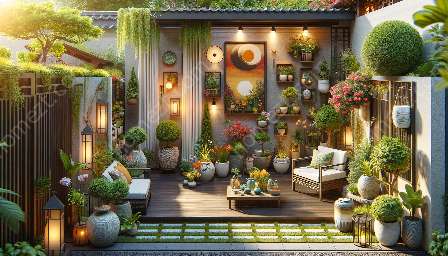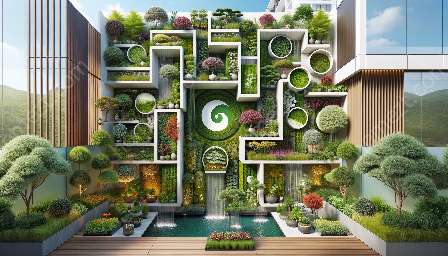Feng Shui, an ancient Chinese philosophy that focuses on harmonizing individuals with their environment, has been integrated into various aspects of modern life. When it comes to garden design, the merging of Feng Shui principles with sustainability offers a unique approach to creating lush, vibrant outdoor spaces that are both aesthetically pleasing and environmentally friendly.
Understanding Feng Shui in Gardening
In traditional Feng Shui, the flow of chi, or energy, is of utmost importance. This concept can be applied to garden design by creating a balanced and harmonious arrangement of plants, pathways, and water features. For instance, curved and meandering pathways can facilitate the flow of energy and create a sense of tranquility, while strategically placed water features can enhance positive chi.
Integrating Sustainability into Garden Design
On the other hand, sustainability in garden design revolves around minimizing environmental impact and promoting resource conservation. This can include using drought-tolerant plants, implementing water-saving irrigation systems, and incorporating composting and organic gardening practices.
Merging Feng Shui with Sustainability
When combining Feng Shui with sustainability in garden design, the focus shifts to creating outdoor spaces that not only adhere to the principles of energy flow and balance but also prioritize ecological balance and sustainability. By incorporating native plants, which are naturally suited to the local climate and soil conditions, and utilizing permeable paving materials to reduce water runoff, a garden can align with both Feng Shui and sustainable design principles.
Practical Application
The practical application of merging Feng Shui with sustainability in garden design can encompass several key elements. These include the use of wind chimes and outdoor ornaments to channel and disperse energy, as well as the use of eco-friendly materials such as reclaimed wood and natural stone in hardscaping elements. Additionally, the strategic placement of garden structures and seating areas can create a sense of balance and harmony within the overall garden layout.
The Benefits
Embracing the fusion of Feng Shui and sustainability in garden design offers a multitude of benefits. Not only does it create visually appealing and serene outdoor environments, but it also promotes a deeper connection to nature while supporting environmental stewardship. Furthermore, aligning garden design with principles of balance and sustainability can contribute to a sense of well-being and harmony for those who interact with the space.
Conclusion
By merging Feng Shui with sustainability in garden design, individuals can cultivate outdoor spaces that are not only visually appealing and harmonious but also environmentally conscious and in harmony with their surroundings. Whether creating a tranquil retreat or a vibrant communal garden, integrating these principles offers a holistic approach to garden design that nurtures both the land and its inhabitants.

